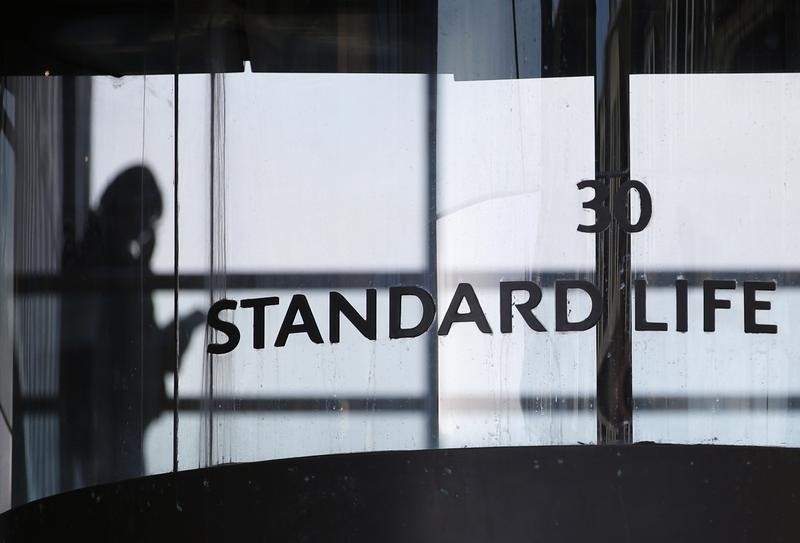By Carolyn Cohn
LONDON (Reuters) - Insurer Standard Life (L:SL) has entered the UK financial advice business by buying British firm Pearson Jones from Skipton Building Society
Britain's fourth-biggest insurer, with a market capitalisation of just under 10 billion pounds, said on Friday Pearson Jones had 1.1 billion pounds ($1.69 billion) in assets under advice. It did not disclose the purchase price.
Shock pension reforms announced last year, and due to come into effect in April, give retired people freedom over how to spend their pension pots and remove any obligation to buy an annuity, which gives an income for life.
Standard Life's entry into financial advice was in response to "fundamental changes that are driving unprecedented demand for advice from customers", it said in a statement.
Sales of annuities have already fallen at least 50 percent since the announcement of the reforms, and insurers and fund managers are looking at other ways to fill the gap.
"This was a very good move from Standard Life," said Barrie Cornes, analyst at Panmure Gordon.
"There is a lot of demand for advice, and Standard Life may have stolen a march on others by making this small acquisition."
Analysts expect similar moves from other insurers, as government reforms drive the demand for more independent financial advice.
A move away from expensive final salary company pension schemes in Britain has also increased the number of employees paying into defined contribution schemes, which produce a retirement pension pot.
Standard Life said it was focusing on the "mass affluent", typically considered as having up to 1 million pounds to invest for retirement.
Steve Murray, who has developed Standard Life's UK advice and distribution strategy, would lead the financial advice business, it said.
Pearson Jones has 102 employees and focuses on the north of England. Standard Life said it planned to develop a nationwide advice business.
The deal is expected to complete in the second quarter of 2015, Standard Life said.
Standard Life's shares rose 0.4 percent to 403 pence.
